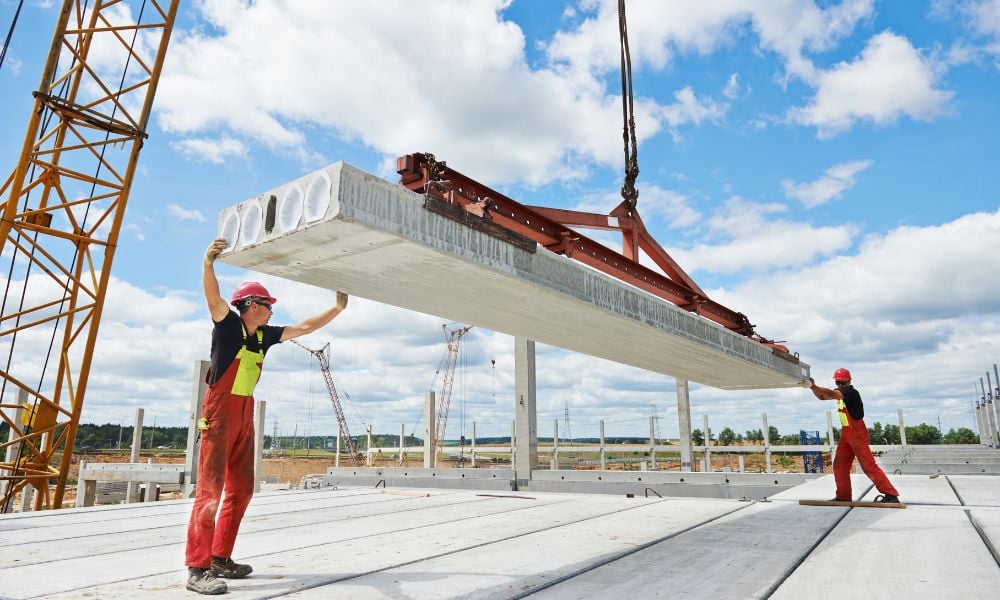Role is a huge responsibility, so why can almost anyone call themselves a safety professional?

Unlike many other sectors in Canada, the OHS profession currently isn’t regulated. What does this mean? It means that pretty much anyone can call themselves a safety professional – not ideal in a job where you are directly responsible for ensuring that workers go home safe at the end of the day.
So given the serious implications of the role, why is the profession not regulated? Occupational health and safety itself is a relatively recent sector, which is why the profession is still building itself. But as the sector strengthens, so do regulations around title protection. There needs to be an official standard which safety professionals are held to.
One of the main reasons why the safety profession should be regulated is that there is a public safety element to it. “If there’s someone that has an impact on public safety, it’s a safety professional,” says Paul Belair, Corporate Director – Health & Safety, Equinox Gold Corp, and Canadian Registered Safety Professional (CRSP).
Belair says that there are currently people who are doing safety programs or giving safety direction that really shouldn’t be. And if these OHS pros cannot deliver on their promises, that creates a huge safety hazard, devalues the title of safety profession and erodes away at the trust that workers and the public place in these professionals.
“Something like a regulated profession will help clean up some of the [issues],” says Belair. “What I’d like to see is regulating the title protection of the profession, because safety is so broad of an area.”
Title protection means that those wishing to call themselves safety professionals will need some type of certification or designation to be able to call themselves that. On the employer side, having these qualifications would ensure that businesses and organizations know that they are hiring someone who has a certain level of knowledge.
AS OHS laws in Canada continue to get more stringent and prescriptive, employers are realizing that these OHS leadership roles in part represent the employer and therefore before hiring a safety professional, you need to ensure that they are competent.
“By hiring a CRSP [for example] to oversee and lead your OHS management system or program, it helps the employer understand that the person they are hiring [understands] safety,” says Belair.
Part of an employers due diligence is that they must ensure they are hiring competent people in roles that oversee worker safety, including supervisors, engineers, management and safety professionals. It is important the person who is signing off on your safety program understands the implications, because some of these situations can be a threat to the worker’s life or health.





